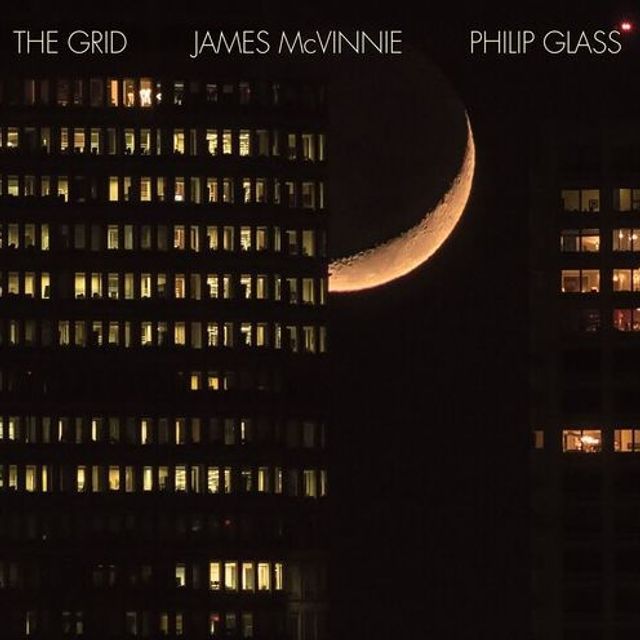Home
Philip Glass: Akhnaten
Barnes and Noble
Philip Glass: Akhnaten
Current price: $36.99


Barnes and Noble
Philip Glass: Akhnaten
Current price: $36.99
Size: CD
Loading Inventory...
*Product information may vary - to confirm product availability, pricing, shipping and return information please contact Barnes and Noble
The last installment of
Philip Glass
' operatic trilogy, begun with
Einstein on the Beach
and continued with
Satyagraha
,
Akhnaten
also unfortunately established the sort of musical rut in which he was to be ensnared for much of the rest of the century. As with
, he opted for a relatively traditional orchestration, with only
Michael Riesman
's electric keyboards supplementing the standard instrumentation, and with six main voices deployed in various configurations. Here,
Glass
, in his own libretto, tells the story of the man who supposedly introduced monotheism into classic Egyptian culture (and thereby the Western world), thus complimenting the realms of science and politics as portrayed in his previous two
operas
. Whereas in
he used Sanskrit transcriptions of the
Bhagavad-Gita
to lend the work at least a tinge of an Indian atmosphere, here there is little if anything that connotes the Egyptian short, presumably, of the stagecraft in a live performance. The music by this time had taken on the "by the yard" feel of much of his work in the mid-'80s and beyond, possibly a result of simply having too many coals in the fire. Though still capable of creating the odd enchanting melody or haunting passage, most of the music sounds like a pallid rehash of previous works. The most noticeable difference is an increased used of percussion, which is all well and good, but the ponderousness of the horn writing in particular applies more weight than can be comfortably borne. The scattered lovely moments, as well as its vaunted place in his oeuvre, make this worth hearing, but it suffers greatly compared to its companions in the trilogy. ~ Brian Olewnick
Philip Glass
' operatic trilogy, begun with
Einstein on the Beach
and continued with
Satyagraha
,
Akhnaten
also unfortunately established the sort of musical rut in which he was to be ensnared for much of the rest of the century. As with
, he opted for a relatively traditional orchestration, with only
Michael Riesman
's electric keyboards supplementing the standard instrumentation, and with six main voices deployed in various configurations. Here,
Glass
, in his own libretto, tells the story of the man who supposedly introduced monotheism into classic Egyptian culture (and thereby the Western world), thus complimenting the realms of science and politics as portrayed in his previous two
operas
. Whereas in
he used Sanskrit transcriptions of the
Bhagavad-Gita
to lend the work at least a tinge of an Indian atmosphere, here there is little if anything that connotes the Egyptian short, presumably, of the stagecraft in a live performance. The music by this time had taken on the "by the yard" feel of much of his work in the mid-'80s and beyond, possibly a result of simply having too many coals in the fire. Though still capable of creating the odd enchanting melody or haunting passage, most of the music sounds like a pallid rehash of previous works. The most noticeable difference is an increased used of percussion, which is all well and good, but the ponderousness of the horn writing in particular applies more weight than can be comfortably borne. The scattered lovely moments, as well as its vaunted place in his oeuvre, make this worth hearing, but it suffers greatly compared to its companions in the trilogy. ~ Brian Olewnick


















